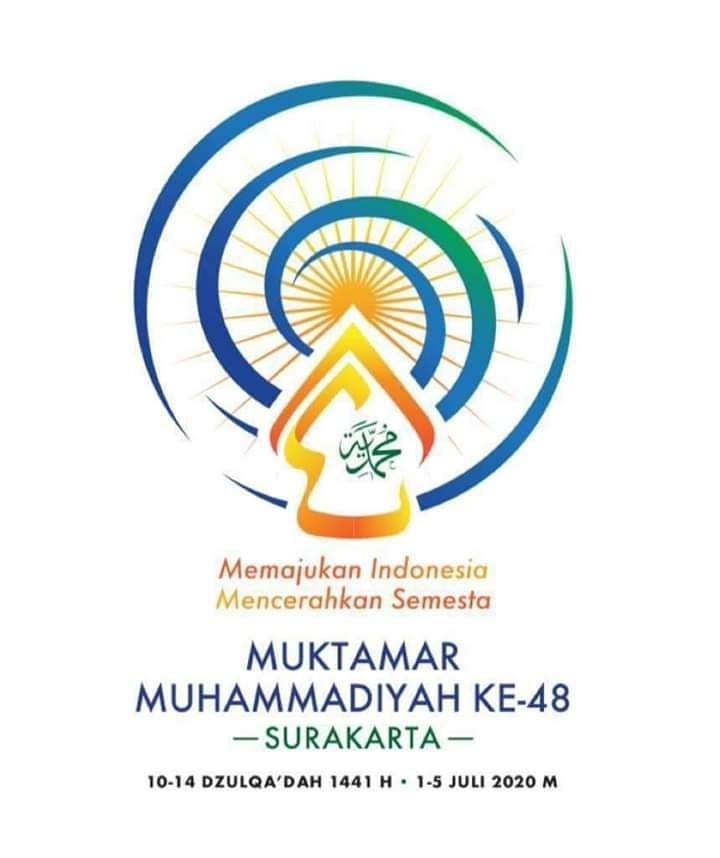Bantul – Faculty of Law of Muhammadiyah University of Yogyakarta (UniversitasMuhammadiyah Yogyakarta/UMY) collaborated with Tarjih and TajdidPimpinanMuhammadiyah held a Day Seminar of Critical Analysis on Inter-Faith Marriage in Indonesia.
This seminar, which was held in the meeting room of Faculty of Law of UMY on Saturday (12/13/2014), invited keynote speakers such as SitiBaroroh (The Head of Religious Court in Bantul), AidilFitriciadaAzhari (Law Expert and lecturer in UniversitasMuhammadiyah Surakarta), Sisruwadi (The Head of Population and Civil Registration Agency of Yogyakarta), Nawari Ismail (Anthropologist and lecturer of Faculty of Islamic Studies of UMY) and HaedarNashir as the representative of Muhammadiyah Central Executive.
As contradiction to 1945 Indonesian Constitutions, AidilFitriciadaAzhari as the Law Expert and lecturer of UniversitasMuhammadiyah Surakarta believed that inter-faith marriage focused more on individual rights instead of family protection.
“In Indonesian concept, the essence of marriage as stated in Article 1 believed on religion role in family building. Thus, interfaith marriage could trigger conflict in the household because the dream of happy family raised based on religion would not be realized, or even the family might ignore religious factors in family live due to the difference in faith within a family,” she explained.
Dr. Aidil observed that marriage should made the family they were building in having a similarity to build a happy and eternal family based on the belief of the Almighty God. Because, she thought, marriage in Indonesia, if it was correlated with the Constitutions, was a religious one.
“Marriage is not only civil bond, because in Indonesia, marriage has its own religious traits. Thus, actually, if a couple do interfaith marriage, it actually defies the 1945 Indonesian Constitutions,” she stated.
Giving Boundaries between Family Members
Syamsul Anwar, the Chairman of Tarjih and Tajdid Council of Muhammadiyah Central Executive explained that interfaith marriage could give boundaries in a family relationship, especially between husband and wife. This was fatal because family was the eternal ally in life, because the family (husband/wife) usually knew better of their partner’s problem and became their ally, eventually. However, if there was a boundary between both of them, their family lives could be divided.
“For example in praying, if one of them conducts prayer, they could not do it together. They could not go to their places of worship, because there is a boundary that separates their activities, and this could indirectly become the limitation in their family life. Furthermore, spiritually, there will be a limitation between them. This boundary needs to be removed, by not conducting interfaith marriage. If the marriage is based on love, and love could eventually grow, and it could crumble, it depends on how we nurture and tend to it,” he explained.
Remained in Harmony
Anthropologist and lecturer of Faculty of Islamic Studies of UMY, Nawari Ismail explained that even though there were many interfaith marriages, that factor actually did not influence the harmony of the family they built. This was caused by many factors that some interfaith family remained in harmony, such as subculture abangan dominance, symptoms of secularism, formalism in religion, pattern of tolerance, and child factor.
“These five factors do not stand on its own, rather they are inter-correlated. Besides, the main factor that encourages interfaith marriage usually comes from how they look at their religion. They, who married someone with different religion, see that all religions are good and just as an alternative they could choose in life, not as their main concern,” she explained after conducting a research in Mlati and Berbah.
Four Ways to Legalize Interfaith Marriage
However, even though positive law in Indonesia did not give enough space in realizing interfaith marriage, according to SitiBaroroh as the Head of Religious Court in Bantul, in the practice, there were some couples who did interfaith marriage. By the name of love or human’s rights, and usually they would do one of four ways to legalize their marriage.
“As if they are asking for court decision, marriage is done in one of the couple’s religions, temporary subjugation to the law of one of the religions, and the last one, conducting the marriage ceremony in overseas,” she explained.


